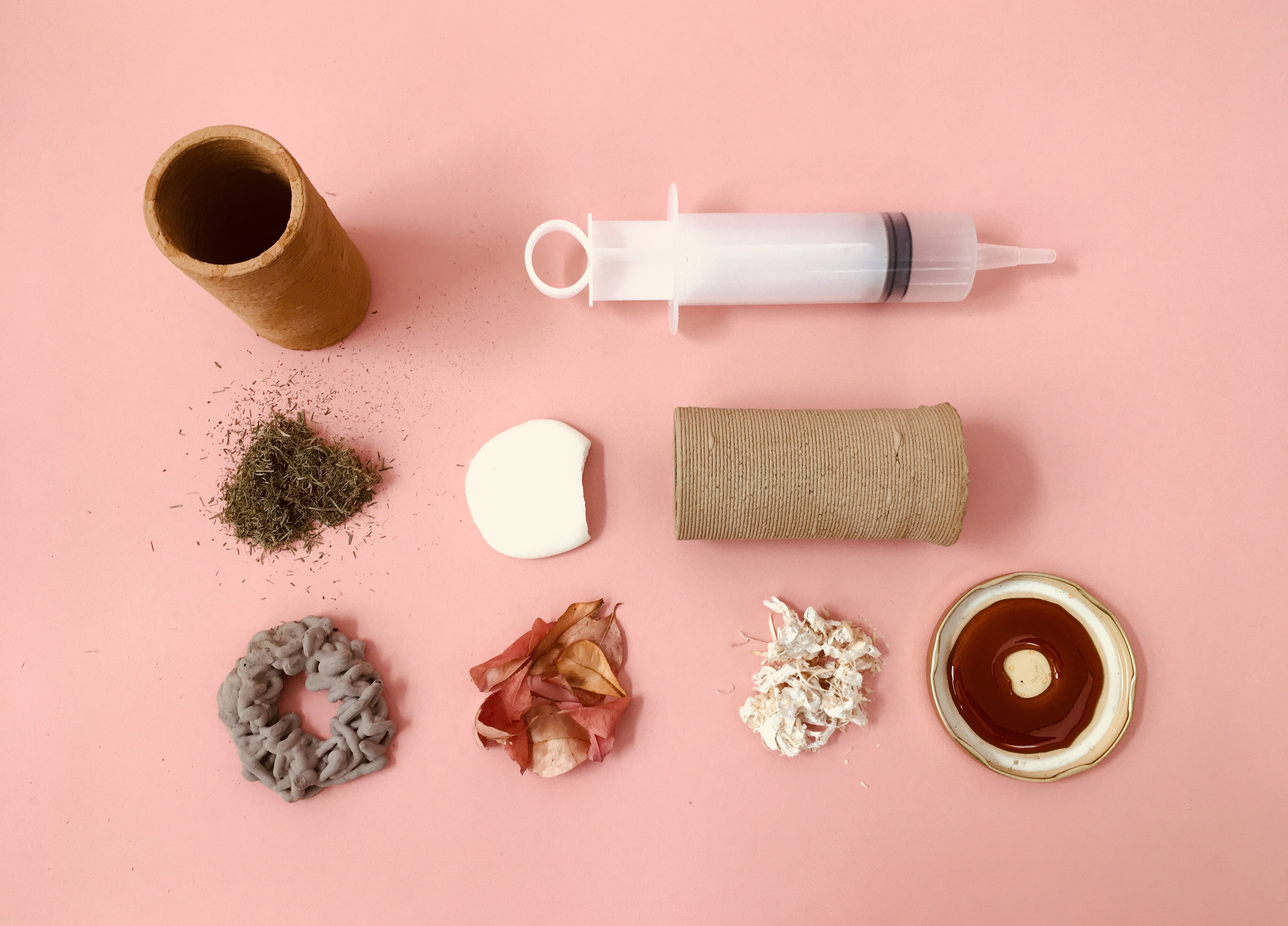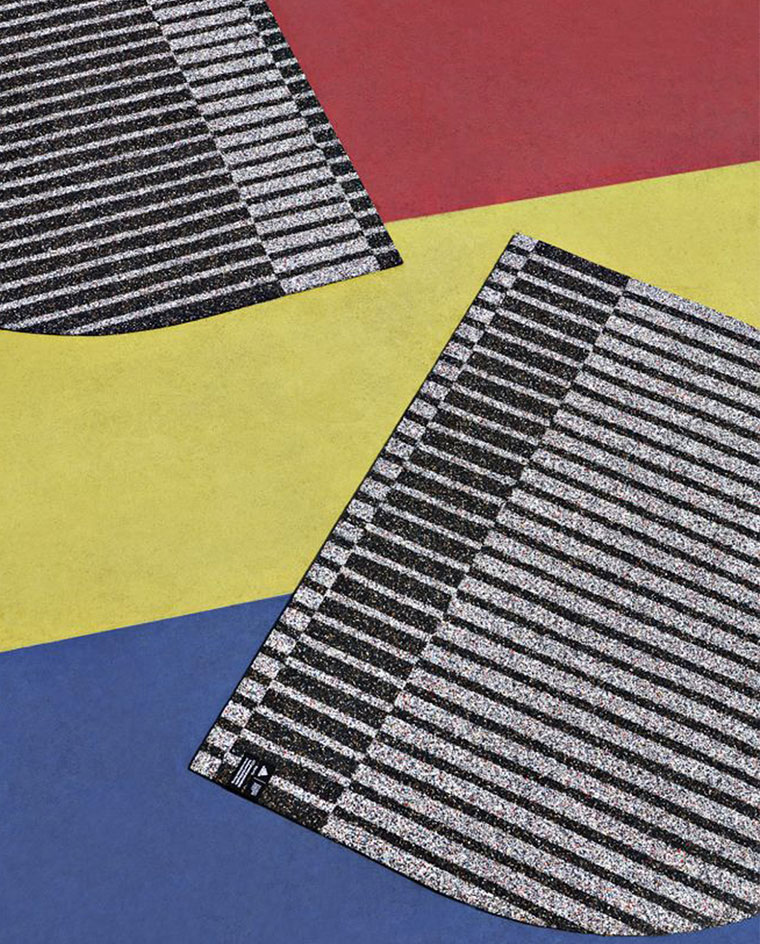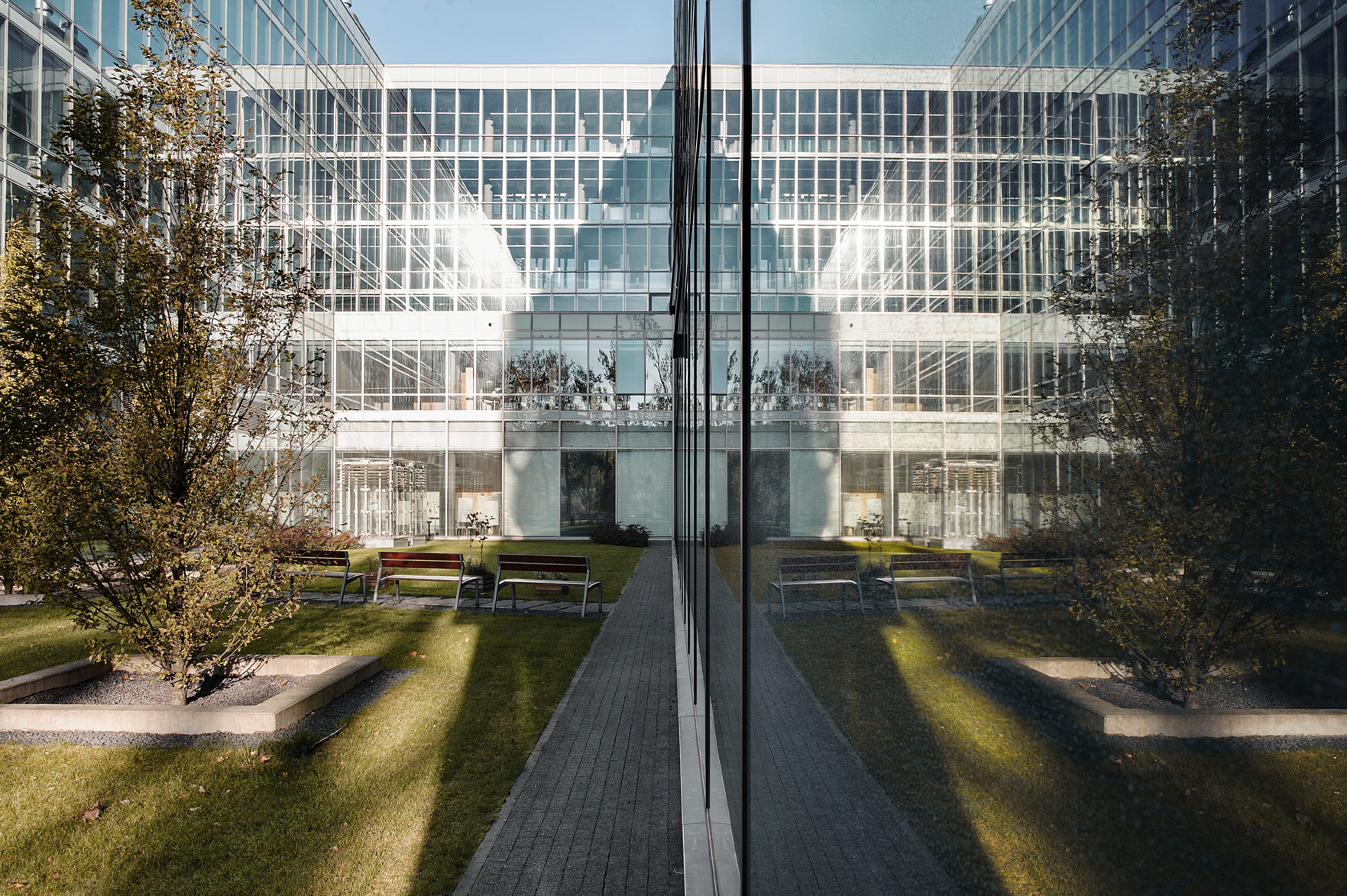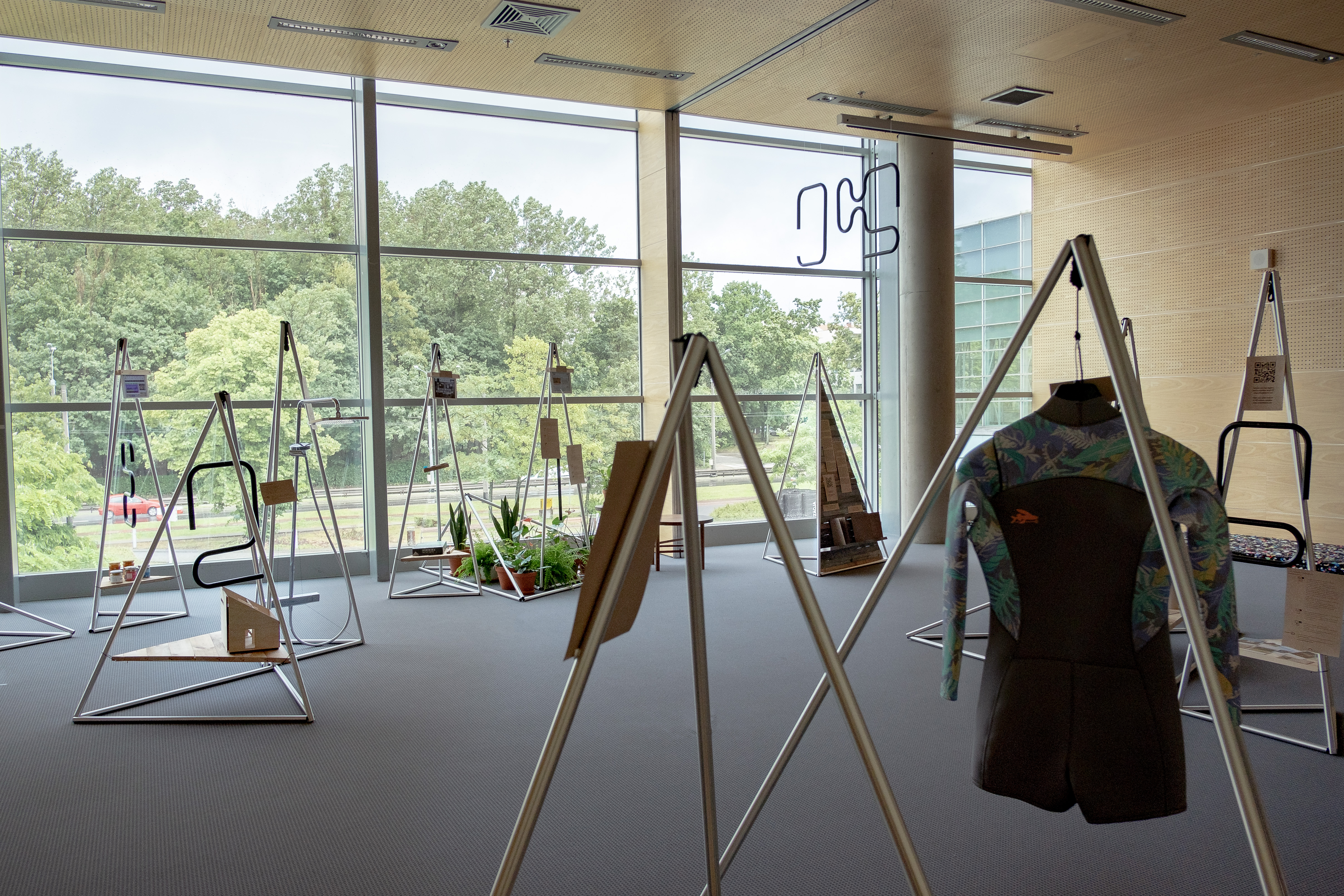Poland’s modernist resort city Gdynia gets experimental with sustainability

For a week every summer, design thinkers and creators pour into Poland’s modernist seaside resort. Perched on the bracing Baltic, the 250,000-strong town is in its 12th year of hosting its eponymous Gdynia Design Days.
The festival is ‘more about inspiration than showing off commercial products’, says the event’s artistic director, Paulina Kisiel. This year’s theme, ‘polarisation’, tried to tackle the conflicts in modern life, such as those between consumerism and minimalism.
Issues of sustainability ran through many of the exhibitions, with curator Agnieszka Jacobson-Cielecka referencing the new Polish law that enforces the separation of rubbish. Her show ‘(No) More Waste’ featured Diederik Schneemann’s vase made of discarded flip-flops, which have a strong visual story of their own; and pleasing glassware that has been merely sanded down rather than recycled by Polish designers Agata Matlak-Lutyk and Jan Lutyk.

‘(No) More Waste’ curated by Agnieszka Jacobson-Cielecka
By reusing materials from former exhibition stands to make its own display units, the show ‘2 Degrees’ approached the environment head-on. Hanging from steel rods and lying on foam off-cuts were fine examples of eco-design, such as Polish firm Biotrem’s biodegradable picnic crockery made of wheat bran.
Meanwhile industrial design students at Krakow’s Academy of Fine Arts attempted to answers questions around mass production. Klaudia Kowalczyk exemplified traditional skills from the countryside in a wicker screen, chair and table. Likewise, Dorota Gondko has returned to a style of eating from the Middle Ages with her range of black ceramic communal platters.
Experimentation was pushed yet further at ‘Print ‘n’ Paste’, where Warsaw-based studio UAU Project focused on what designer Justyna Faldzinska called additive manufacturing. Here, she added ground coffee, salt, wood shavings and soil to clay, and cornflowers to porcelain, and 3D-printed pots from the ingredients.
GDD takes place in the EU-funded Pomeranian Science and Technology Park, a hotbed of innovation. With 2,000 tech entrepreneurs, industrial designers, architects and the like based there, it’s the biggest such complex in Poland.
That, coupled with GDD, is making Gdynia increasingly appealing, and creatives from around Poland are relocating. ‘You can feel the innovative atmosphere here,’ Kisiel says.


INFORMATION
Receive our daily digest of inspiration, escapism and design stories from around the world direct to your inbox.
Clare Dowdy is a London-based freelance design and architecture journalist who has written for titles including Wallpaper*, BBC, Monocle and the Financial Times. She’s the author of ‘Made In London: From Workshops to Factories’ and co-author of ‘Made in Ibiza: A Journey into the Creative Heart of the White Island’.